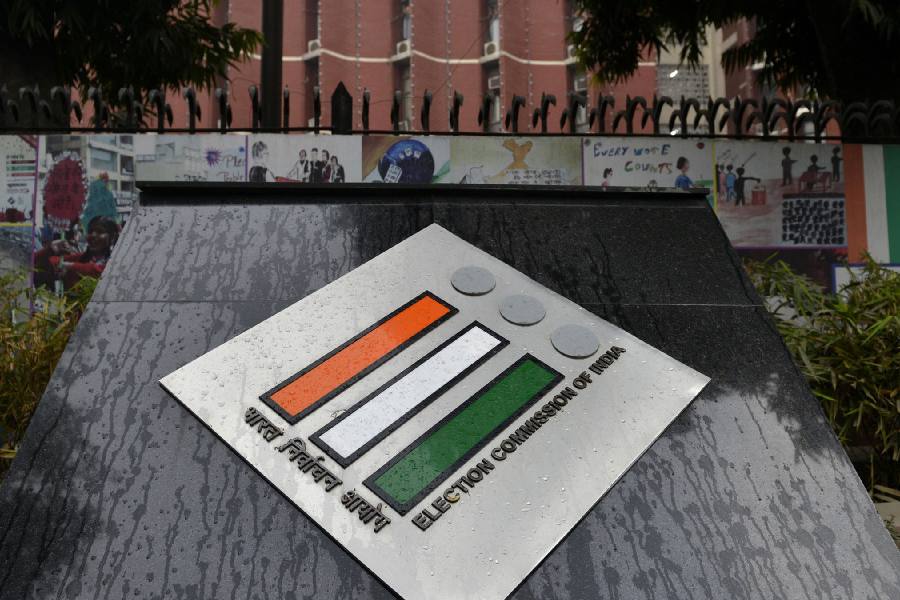The Election Commission of India (EC) had strongly opposed the electoral bond scheme when it was introduced in 2017.
While it maintained its stand during the case proceedings, from 2019 onwards the panel told the court that it was not opposed to the bonds per se, but only to the anonymity of donors.
The poll commission also ignored demands to stop the sale of bonds during election periods.
On May 26, 2017, the EC wrote to the Union law ministry that the amendments to the Income Tax Act, Representation of the People Act, 1951, and the Companies Act introduced by the Finance Act, 2017, will have a “serious impact on transparency of political finance or funding of political parties”.
The poll panel said: “It is evident from the amendment which has been made, that any donation received by a political party through electoral bond has been taken out of the ambit of reporting under the contribution report as prescribed under Section 29C of the Representation of the People Act, 1951, and, therefore, this is a retrograde step as far as transparency of donations is concerned and this proviso needs to be withdrawn.
“Moreover, in a situation where contributions received through electoral bonds is not reported, on perusal of the contribution reports of the political parties, it cannot be ascertained whether the political party has taken any donation in violation of provisions
under Section 29B of the Representation of the People Act, 1951, which prohibits the political parties from donations from government companies and foreign sources.”
Thursday’s judgment summarises: “The ECI recommended that the earlier provision (in the Companies Act) prescribing a cap on corporate funding be reintroduced because:
“a. Unlimited corporate funding would increase the use of black money for political funding through shell companies; and
“b. Capped corporate funding ensured that only profitable companies with a proven track record could donate to political parties.”
The EC’s affidavit in the case in March 2019 reiterates these points. However, its counsel told the court the following month: “We are not opposed to the electoral bonds as such, but we are opposed to the anonymity. We are against anonymity and we want transparency.”
In 2021, the EC opposed a stay on the scheme during a hearing in the case, arguing that electoral bonds were still better than unaccounted donations being given by cash. Parties do not need to name donors for contributions less than Rs 20,000.
“The issue of transparency can be considered at the final argument stage, and there should be no interim stay,” the EC counsel told the court.











